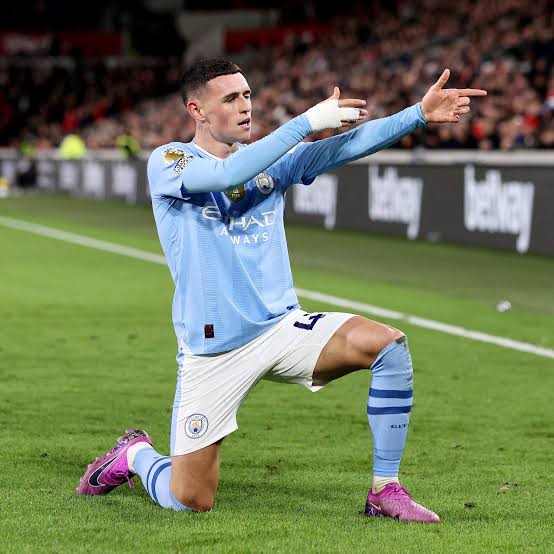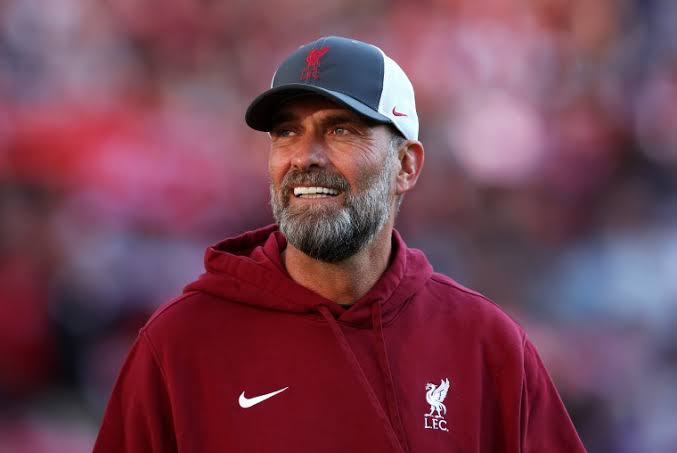The National League and Premier League are in talks about the creation of a new cup competition between the top 16 teams in English football’s fifth tier and 16 under-21 sides from the top division.
The proposed competition would involve four groups of eight teams, comprised of four teams from each division, arranged on a regional basis, with each National League side playing each Premier League U21 team at home. The National League teams would not play each other in the group stage.
The host National League club would get all of the gate receipts and half of the prize money, with the other half going into a central pot to be split between the 56 non-participating clubs in the National League and sixth-tier National League North and National League South. The Premier League, therefore, would be heavily subsidising the competition.
The participating National League teams would be the top 16 sides in the previous season’s table, with the two teams relegated from League Two replacing the two promoted sides.
Final details are still being ironed out but it is likely that the top two from each group would progress to a knockout round, which would no longer be regional. There is even a possibility that the final could be staged at Wembley, much like the final of the competition this idea is based on, the EFL Trophy.
Officially known as the Bristol Street Motors Trophy, the EFL Trophy is a midweek knockout competition, which starts with a regional group stage, between the 48 teams in Leagues One and Two and 16 U21 sides from Premier League and Championship clubs that have top-level “category one” academies.
The EFL Trophy dates back to the early 1980s and has been through various formats and sponsors, including a six-year period when sides from the National League were invited to take part, but the current format has been in place since 2016.
The participation of Premier League academies was highly controversial at first, as many fans of lower-league clubs believed it was the first step in an attempt to introduce B teams to the pyramid, and attendances were often embarrassingly low.
In fact, gate receipts remain tiny for the group stages but the Premier League has funded the competition as its clubs want their youngsters to play older, stronger players, making the EFL Trophy far more popular with club executives than supporters.























